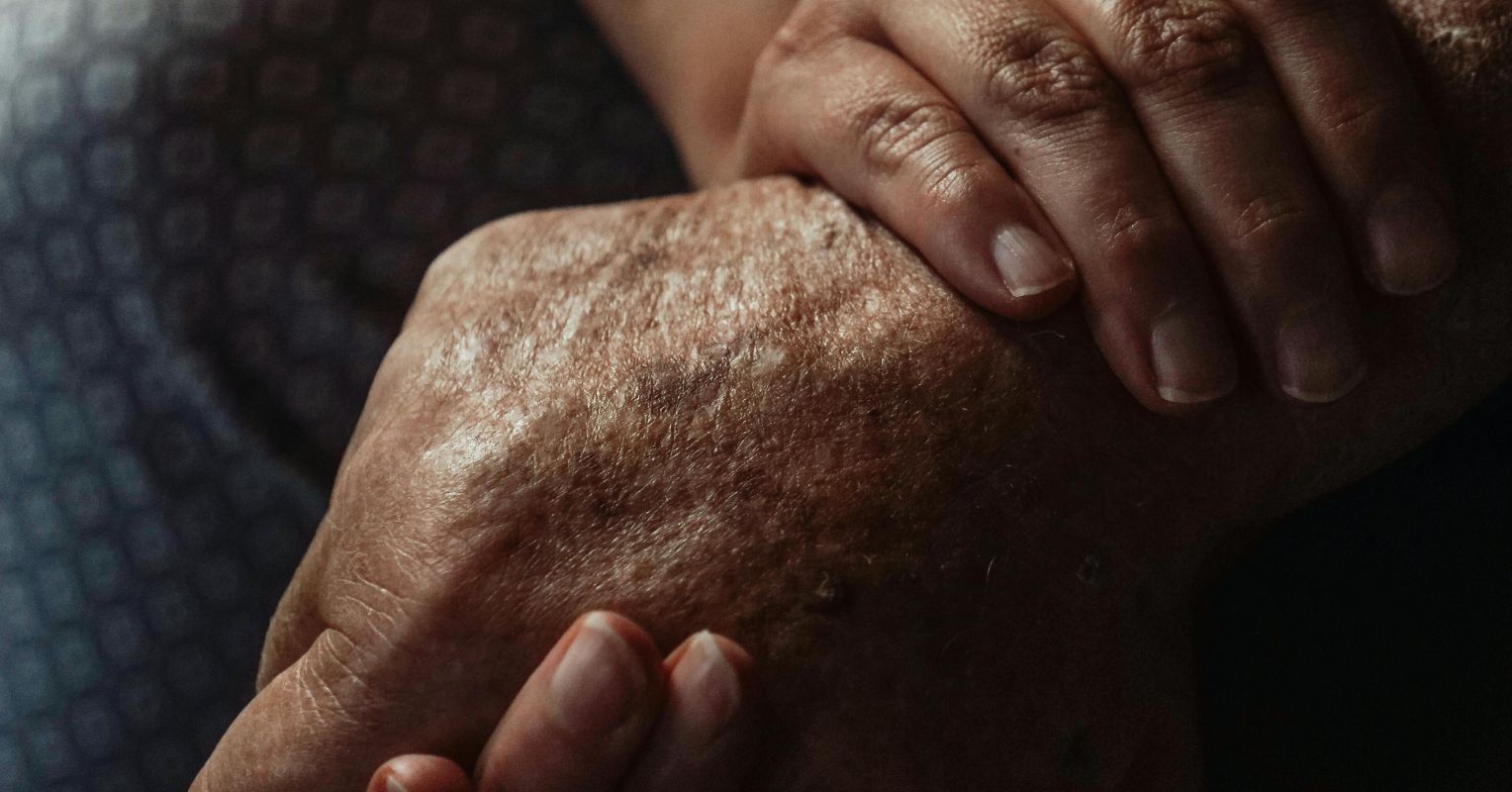
"My mentor, Jonathan, lay in bed with wires curling softly across his chest, the Boston Harbor beyond his window alive with passing boats and glints of afternoon light flickering across the water's surface. Between coughs, he sipped orange juice through a wilting paper straw, while insisting we share lunch-specifically the gourmet hospital turkey sandwich, "but mayo, no mustard. Because no one likes mustard." His voice was thinner than I remembered, yet even through laboured breathing, it carried its familiar authority."
"I laughed, and agreed. I love mustard. Our shared appreciation for good food spanned over two decades. This would be our last meal together. As we ate, I watched his feet twitch in small involuntary bursts. His grey socks a reminder of the time I gifted him a pair of novelty socks patterned with tiny prints of his own face."
A mentor lies dying in a hospital room overlooking Boston Harbor, sharing a final meal and small moments that evoke decades of shared tastes and rituals. Sensory details anchor memories that reveal the depth of companionship: orange juice, a wilting paper straw, a specified sandwich order, and involuntary twitches. Recollections of meeting at a psychoanalytic conference and the mentor's steady presence trace an arc of influence, teaching, and mutual recognition. Grief is framed as transformation rather than termination, with connection enduring internally, meaning being remade, and mattering continuing to shape identity after death.
Read at Psychology Today
Unable to calculate read time
Collection
[
|
...
]